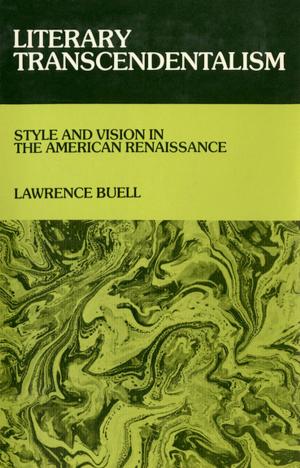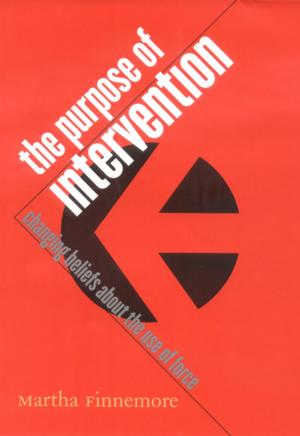Staging Harmony
Music and Religious Change in Late Medieval and Early Modern English Drama
Fiction & Literature, Literary Theory & Criticism, Medieval, British| Author: | Katherine Steele Brokaw | ISBN: | 9781501706462 |
| Publisher: | Cornell University Press | Publication: | July 18, 2016 |
| Imprint: | Cornell University Press | Language: | English |
| Author: | Katherine Steele Brokaw |
| ISBN: | 9781501706462 |
| Publisher: | Cornell University Press |
| Publication: | July 18, 2016 |
| Imprint: | Cornell University Press |
| Language: | English |
In Staging Harmony, Katherine Steele Brokaw reveals how the relationship between drama, music, and religious change across England's long sixteenth century moved religious discourse to more moderate positions. It did so by reproducing the complex personal attachments, nostalgic overtones, and bodily effects that allow performed music to evoke the feeling, if not always the reality, of social harmony. Brokaw demonstrates how theatrical music from the late fifteenth to the early seventeenth centuries contributed to contemporary discourses on the power and morality of music and its proper role in religious life, shaping the changes made to church music as well as people’s reception of those changes. In representing social, affective, and religious life in all its intricacy, and in unifying auditors in shared acoustic experiences, staged musical moments suggested the value of complexity, resolution, and compromise rather than oversimplified, absolutist binaries worth killing or dying for.The theater represented the music of the church’s present and past. By bringing medieval and early Tudor drama into conversation with Elizabethan and Jacobean drama, Brokaw uncovers connections and continuities across diverse dramatic forms and demonstrates the staying power of musical performance traditions. In analyzing musical practices and discourses, theological debates, devotional practices, and early staging conditions, Brokaw offers new readings of well-known plays (Marlowe’s Doctor Faustus, Shakespeare’s The Tempest and The Winter’s Tale) as well as Tudor dramas by playwrights including John Bale, Nicholas Udall, and William Wager.
In Staging Harmony, Katherine Steele Brokaw reveals how the relationship between drama, music, and religious change across England's long sixteenth century moved religious discourse to more moderate positions. It did so by reproducing the complex personal attachments, nostalgic overtones, and bodily effects that allow performed music to evoke the feeling, if not always the reality, of social harmony. Brokaw demonstrates how theatrical music from the late fifteenth to the early seventeenth centuries contributed to contemporary discourses on the power and morality of music and its proper role in religious life, shaping the changes made to church music as well as people’s reception of those changes. In representing social, affective, and religious life in all its intricacy, and in unifying auditors in shared acoustic experiences, staged musical moments suggested the value of complexity, resolution, and compromise rather than oversimplified, absolutist binaries worth killing or dying for.The theater represented the music of the church’s present and past. By bringing medieval and early Tudor drama into conversation with Elizabethan and Jacobean drama, Brokaw uncovers connections and continuities across diverse dramatic forms and demonstrates the staying power of musical performance traditions. In analyzing musical practices and discourses, theological debates, devotional practices, and early staging conditions, Brokaw offers new readings of well-known plays (Marlowe’s Doctor Faustus, Shakespeare’s The Tempest and The Winter’s Tale) as well as Tudor dramas by playwrights including John Bale, Nicholas Udall, and William Wager.















